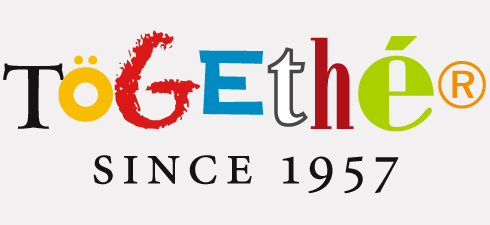He who understands the past can shape the future. That paraphrase from George Orwell’s Animal Farm offers a way of looking at the current state of the European Union. At the recent annual conference in Passau of the Czech-German Discussion Forum on European Identity, a refreshing viewpoint from historian Milos Řezník offered up a key to Europe’s survival as a group of economically, politically and culturally thriving states.
In our collective identity it’s not just what we are that’s important; what we’re not has even more resonance. That was the basic thesis of Professor Řezník, which he illustrated by the development of modern nationalism in the first half of the nineteenth century, when the system of states disintegrated and new elites offered people a chance to identify with the ‘nation’ through the concept of civil equality. As it evolved, national identity turned into a source of potential conflict.
And now we’re asking the question: what role does European identity play? It arises as a notion, moulds itself, and the question is whether it will take root. What is it missing, for it to take root, to unite those who would – in theory – accept this identity because they live in the common area, share common values? For Europe to be more united, what’s missing is a strong sense of a threat. Europeans are missing a common enemy.
Shared prosperity
Greece in collapse, Italy crumbling, and France threatened with slashed credit ratings, all bound up in a looming collapse of the eurozone: that’s not enough to glue together the inhabitants of the Old Continent. Even in the deepest crisis of the historically unique process of European unification, Europeans are unable and perhaps unwilling to admit that what brings them together is greater than what divides them.
The argument that the European Union must either integrate more deeply or fall apart is being heard more often. But deeper union cannot be decreed by a change in the Lisbon Treaty. What we need is a crisis. Real and deep.
Greece, in fact, is crashing
But where is the enemy, which will unite Europeans, to be found? Who’s to blame for waning economic prosperity, state finances in terminal arrest, reduced competitiveness? Is it just a historical blip in the rise and fall of empires, so accurately described by historians Paul Kennedy and Niall Ferguson? Can we simply point a finger at someone and say Europe is in dire straits because the Greeks cook the books, the Italians borrow too much, or should we wag our fingers across the borders at Chinese state capitalism and cheap Indian labour?
In a global economy, one has to lay aside old national and ideological categories. A stronger European identity, which could be the basis for restoring the prosperity of the peoples of the old continent, could be created by tighter restrictions on a quite different class of people: politicians who are unable or unwilling to look beyond the horizon of a term in office, who speak a language remote from the everyday lives of ordinary Europeans, who are unwilling to resign even while dragging their countries towards the brink of bankruptcy...
National identity has all too often been shaped by a variety of traumas, as societies were brought together by a sense of shared fate. European identity, Professor Řezník believes, needs a deep, thorough-going crisis, in order to test its own viability.
So long as Europeans do not feel a sufficient sense of belonging, the French and Germans will be able to go on negotiating coordinated taxes or changes to the Lisbon Treaty. In the long run, though, this kind of united Europe is doomed to disappear all the same.
Translated from the Czech by Anton Baer
Was this article useful? If so we are delighted!
It is freely available because we believe that the right to free and independent information is essential for democracy. But this right is not guaranteed forever, and independence comes at a cost. We need your support in order to continue publishing independent, multilingual news for all Europeans.
Discover our subscription offers and their exclusive benefits and become a member of our community now!












